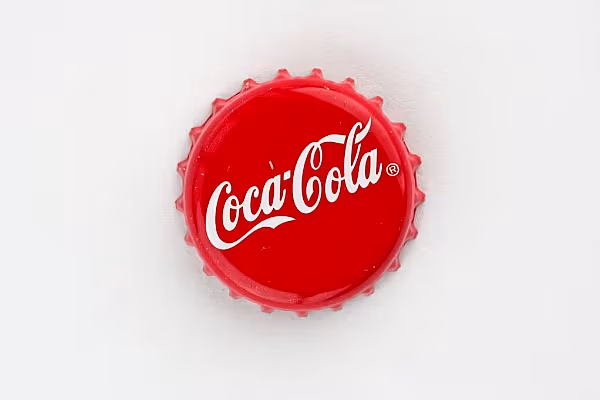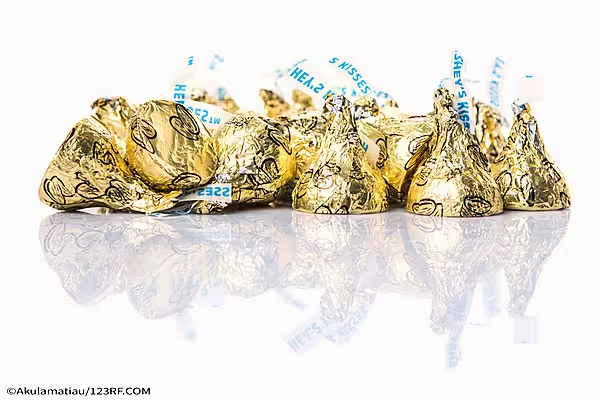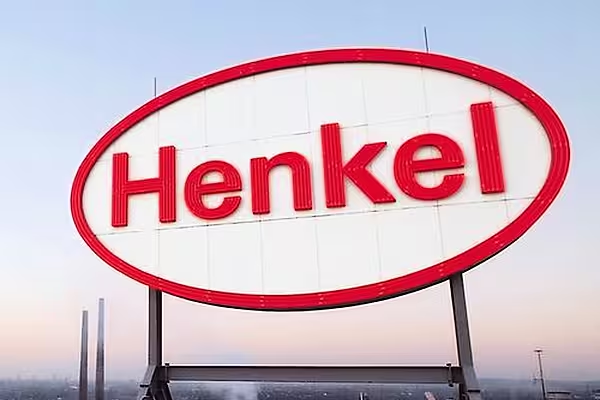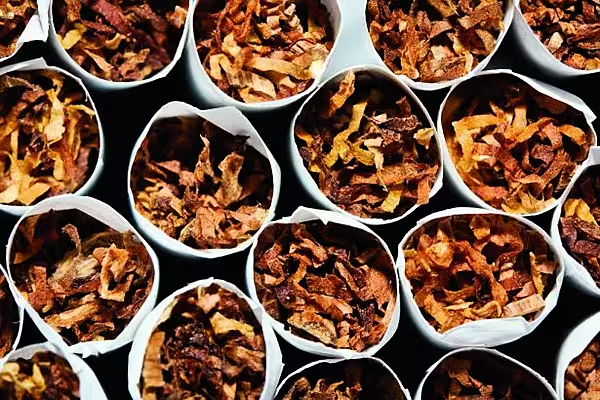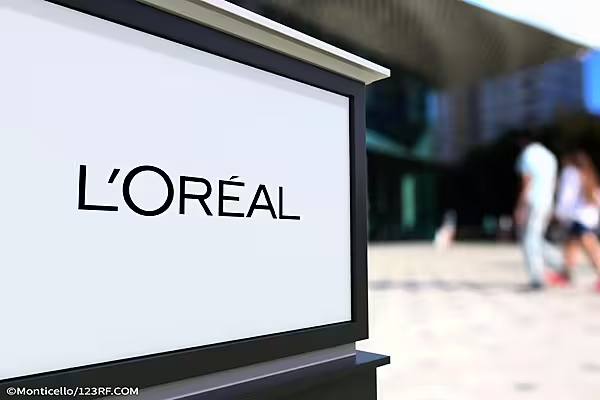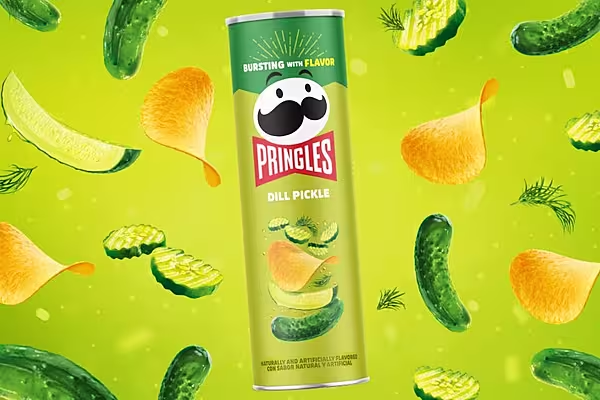If you're turning into a sin stock anyway, you might as well go the whole hog.
That seems to be the view of Coca-Cola, which is planning to launch a canned alcoholic drink in Japan - an unusual move for a company that's traditionally focused almost entirely on soft drinks.
The move may be a one-off. Japan's beverage market is notoriously, dizzingly innovative, with about 10 new ready-to-drink products introduced every week, so it can be regarded as a sandpit for businesses to try out new ideas.
"I don't think people around the world should expect to see this kind of thing from Coca-Cola," Jorge Garduño, president of Coke's Japanese business, said in a blog post announcing the product. But if not, why not?
After all, alcoholic and non-alcoholic beverage companies have a lot in common. They're both in the business of distributing vast volumes of long-life liquids to stores, bars and restaurants, and have been busy consolidating in recent years - led by the frantic dealmaking of Anheuser-Busch InBev and the shopping spree that's seen JAB Holding scoop up a swag of coffee brands and Dr Pepper Snapple Group.
Common Trends
Health concerns are also causing the bright line between sinful liquor and innocent soft drinks to grow fuzzy. While alcohol consumption has been falling in many developed countries, meaning drinking has receded as a public health issue, obesity rates are on the rise.
Soda taxes are already in place in Mexico, the UK and some parts of the US, and sugar is increasingly becoming an investment risk, according to fund manager AMP Ltd.
What's striking is that despite these common trends, liquor and soft drinks companies have mostly remained apart.
While Constellation Brands has quietly turned itself from a wine merchant into a brewer over the past five years and Diageo takes a substantial chaser of Guinness next to its spirit-based sales mix, examples of drinks companies shaking up the hard with the soft stuff are few and far between.
The exceptions are mostly in Japan, where brewers Asahi, Kirin and Sapporo all have decently sized soft drink units, and whiskey maker Suntory controls the alcohol-free Suntory Beverage & Food Ltd.
AB Inbev and Ambev both derive a share of revenue from bottling Pepsi in Latin America, although AB Inbev in particular seems distinctly lukewarm about that business. In Australia, too, the dominant Coke bottler Coca-Cola Amatil has an expanding beer and liquor division.
Global Growth?
Don't count on the business model spreading beyond those countries any time soon. Beneath the superficial similarities, the different way that alcoholic and non-alcoholic drinks are regulated means there are few synergies on a global scale.
Most obviously, almost every country has a minimum legal drinking age, and most Western countries also require liquor retailers to apply for special licenses.
In many major markets, the situation is more complicated still. While PepsiCo and Walmart can boast of their close supplier-and-customer relationship, AB Inbev is mostly forbidden from selling direct to US stores thanks to post-prohibition laws mandating that wholesale distributors stand between producers and retailers of alcoholic drinks.
Most of the edge in the beverages business comes from marketing, logistics and relationships with major customers - and in every one of those areas, the quirks of local alcohol laws mean synergies between fermented and sugary drinks are limited.
Until soda regulation reaches the complexity and extent of the liquor laws that have been in place for a century or more in most developed nations, don't expect to see alcohol and sugar water mix.
News by Bloomberg, edited by ESM. Click subscribe to sign up to ESM: The European Supermarket Magazine.
